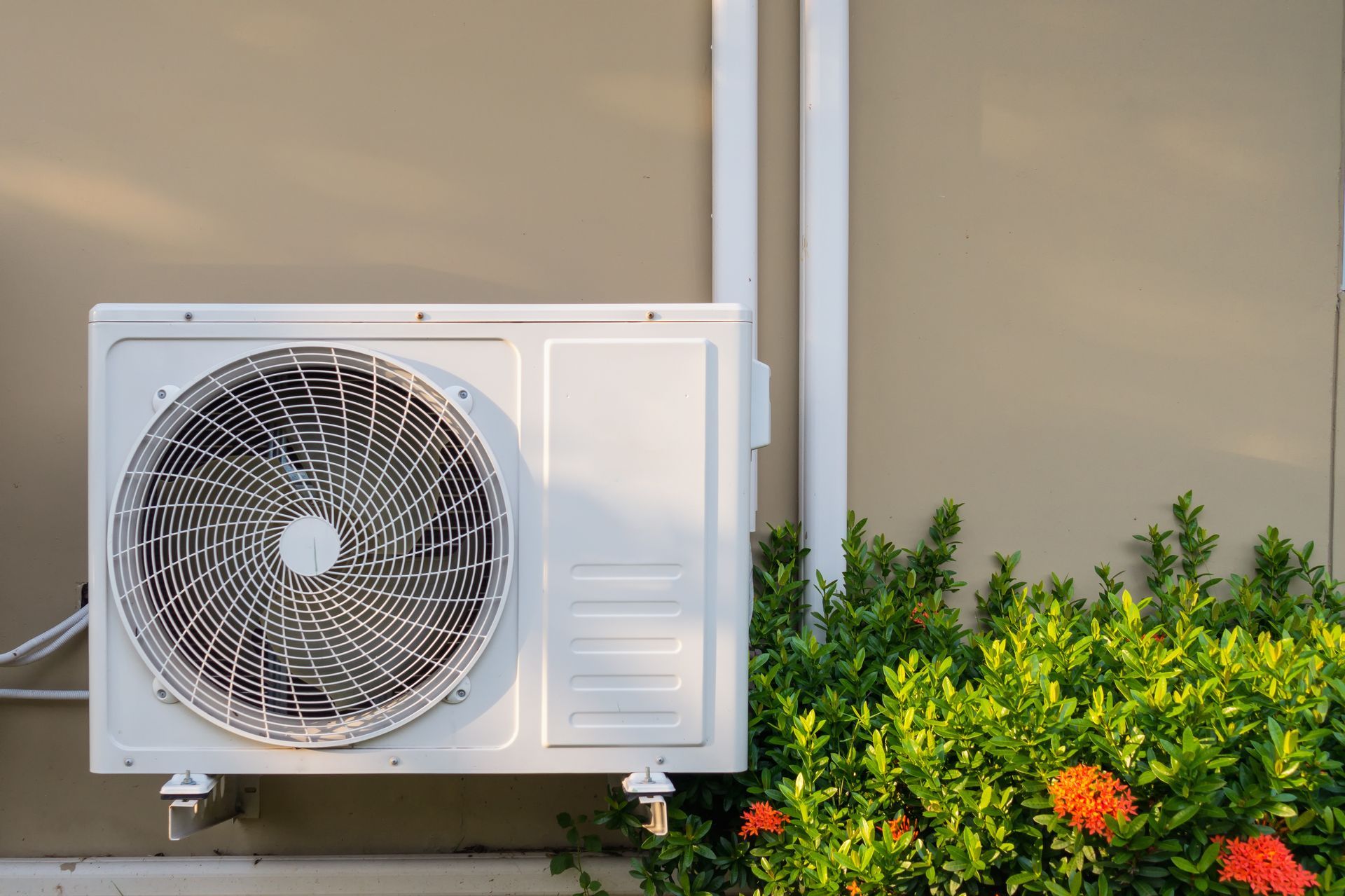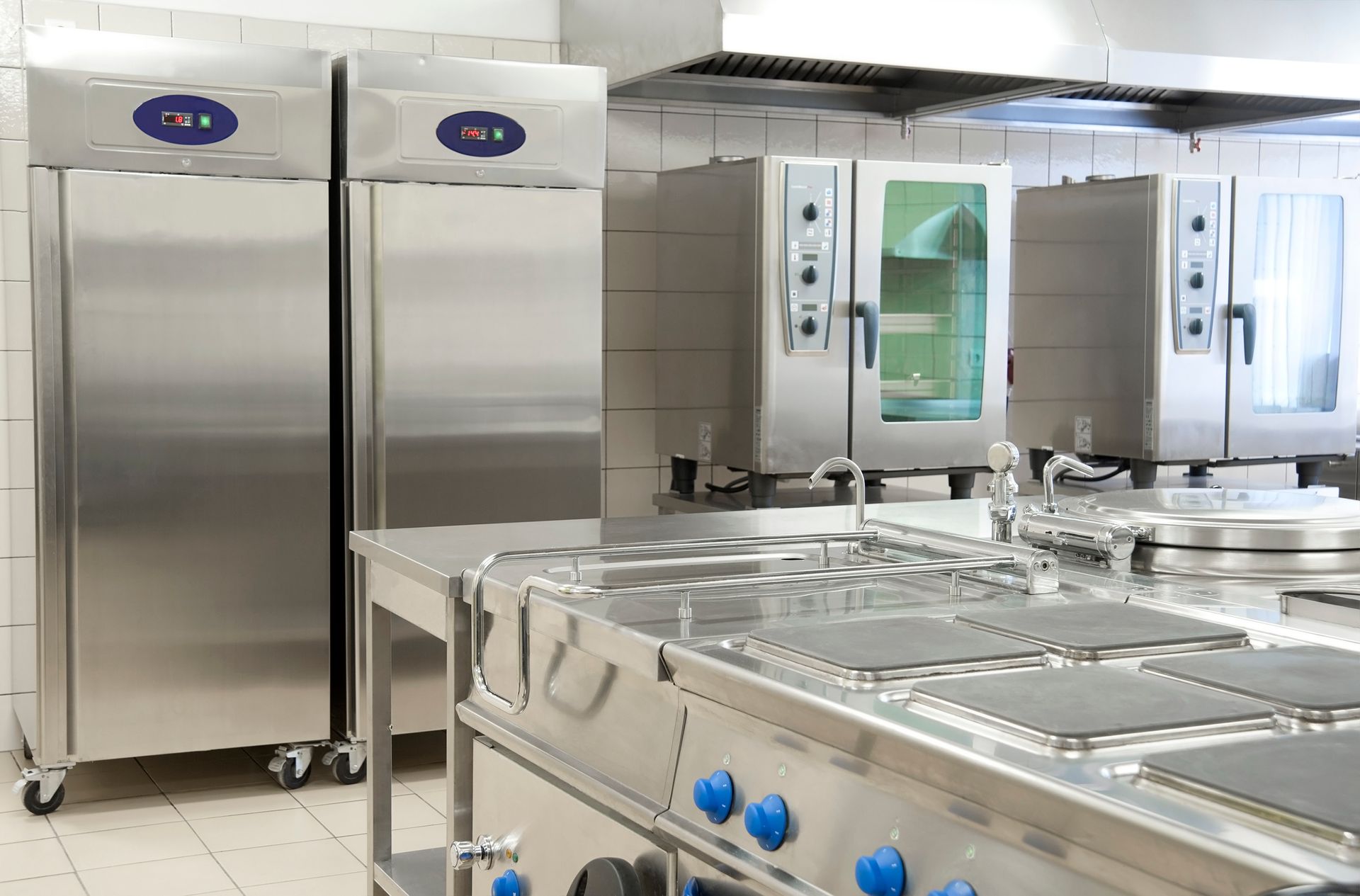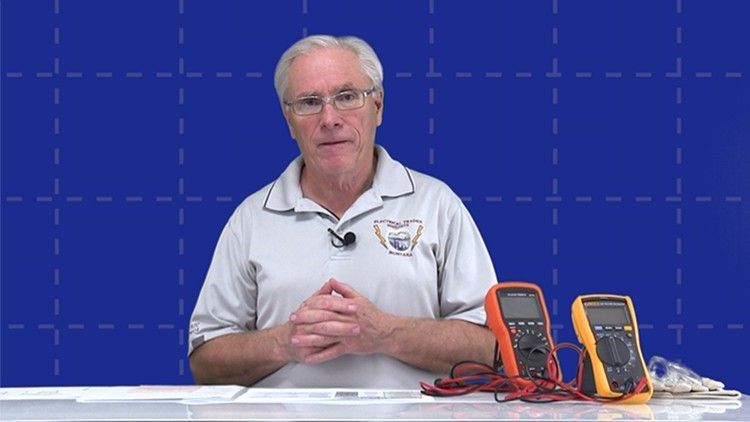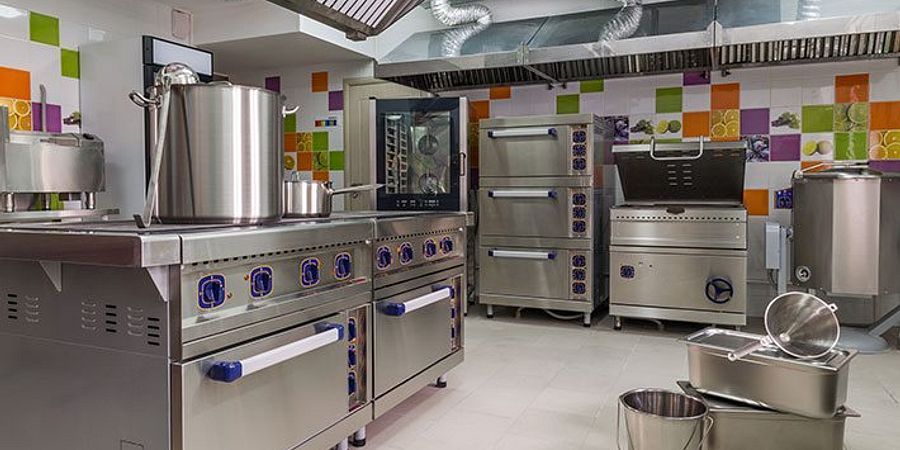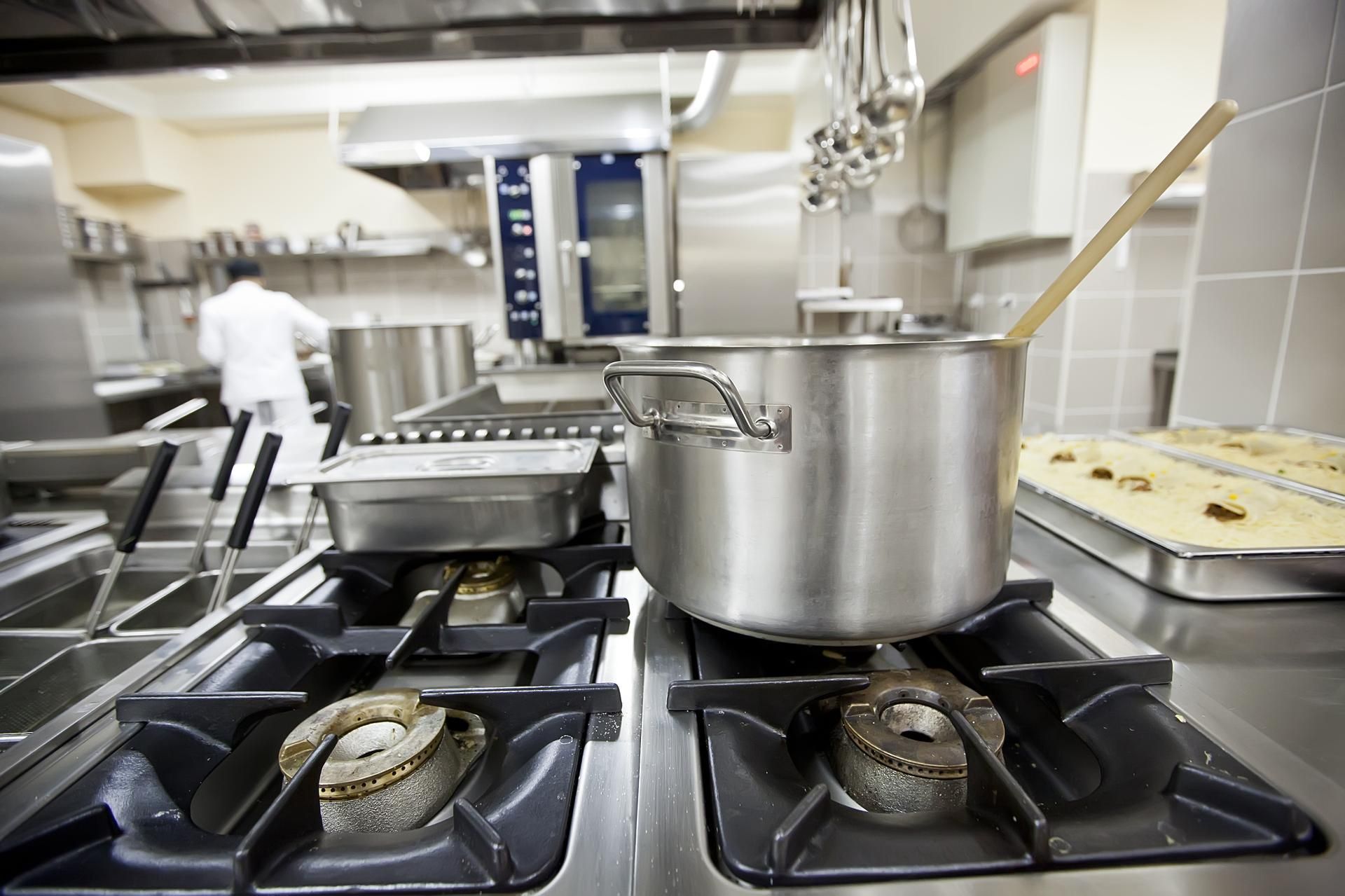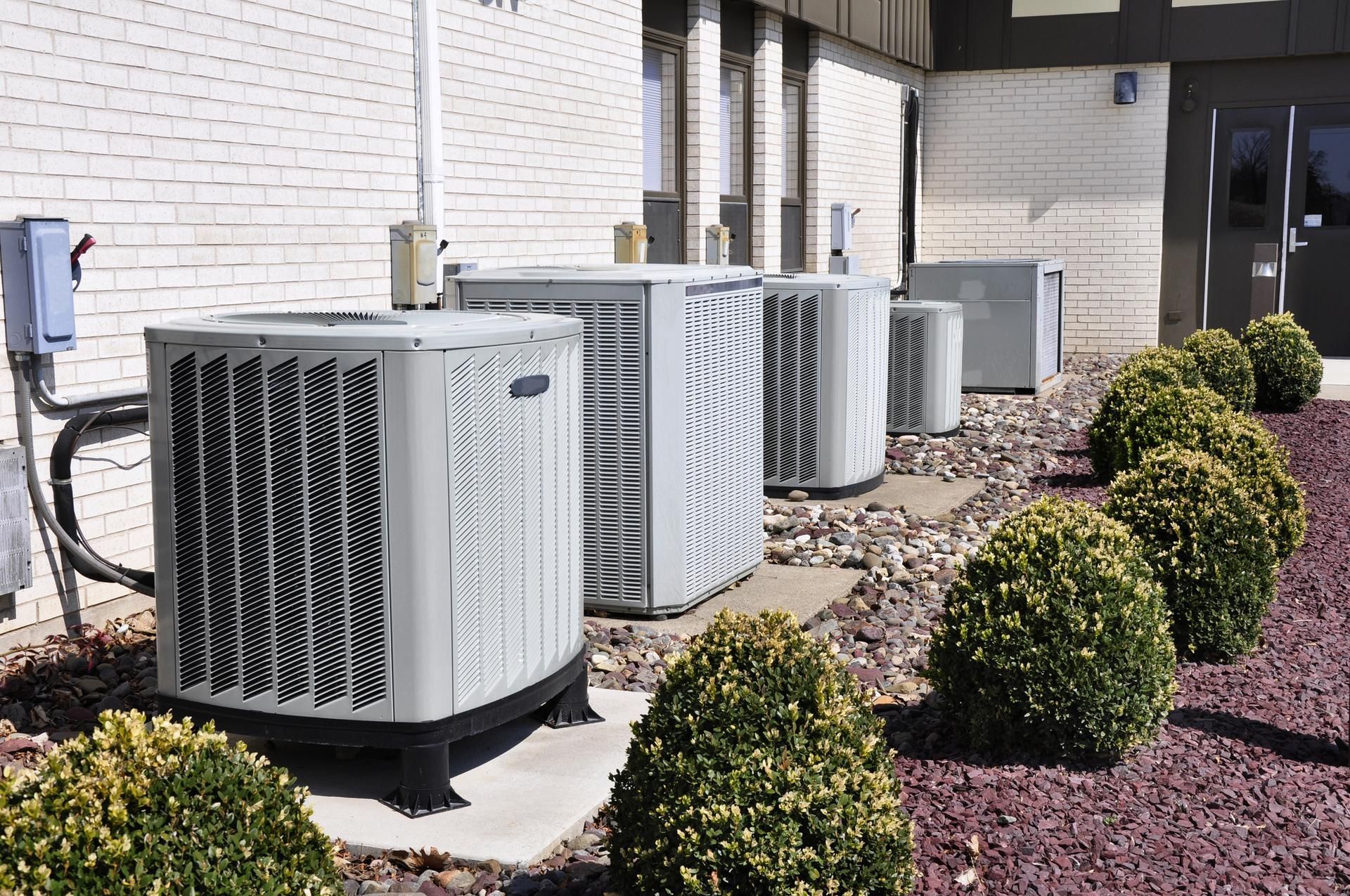Keep the Authenticity: How OEM Parts Retain the Originality of Your Equipment

In today's fast-paced world, where every product seems to have multiple knock-off versions, there is a growing demand for authenticity. This demand is particularly significant in industries relying on intricate machinery and equipment, such as the commercial kitchen sector.
Within this context, original equipment manufacturer (OEM) parts play a pivotal role in ensuring that equipment retains its original functionality and efficiency, also to keep it's warranty in-tact. But how exactly do OEM parts help in maintaining the true essence of your appliances? Keep reading to find out.
1. Tailored to Precise Specifications
When appliances are designed, each part is meticulously crafted to meet specific standards and specifications. These specifications ensure the equipment operates at its peak performance.
OEM parts are produced with the same precise measurements and design schematics as the original. Using an OEM part means you're getting a component that is an exact match, both in terms of dimensions and materials, ensuring that your equipment functions as the manufacturer intended.
2. High-Quality Materials and Manufacturing
Manufacturers use specific materials and construction processes to produce their equipment. When they produce OEM parts, they employ the same high-quality materials and manufacturing techniques. This consistency ensures that the replaced part offers the same durability and performance as the original.
Non-OEM parts might be made of inferior materials, which can affect both the lifespan of the part and the equipment's overall efficiency. Sometimes although cheaper, you may purchase that generic replacement part more often because it breaks more frequently- so the cost savings is negated.
3. Ensured Compatibility
With machinery, especially in commercial settings, compatibility is vital. Even the slightest misalignment or incompatibility can lead to reduced efficiency, frequent breakdowns, or even safety hazards. OEM parts, being exact replicas of the original components, guarantee seamless integration. This means less downtime during repairs and ensures the machine's operations are smooth post-maintenance.
4. Retaining Resale Value
Should there come a time when you decide to upgrade or sell your equipment, having it serviced with OEM parts can be a unique selling point. Prospective buyers often recognize the value in machines maintained with authentic parts, as it indicates the equipment was well-cared for and is likely to be more reliable. This can lead to a higher resale value and faster sales.
5. Upholding Warranty Terms
Many manufacturers have specific warranty terms that require the use of OEM parts for any repairs or replacements. Using generic or aftermarket parts can void these warranties. By sticking to OEM components, you not only retain the equipment's authenticity but also ensure that any future issues can be addressed under the warranty's terms.
6. Reduced Long-Term Maintenance Costs
When considering the long-term health of your equipment, OEM parts play an essential role in reducing maintenance costs. While aftermarket parts might be enticing due to their initial low cost, the potential for these parts to wear out sooner or cause other components to malfunction is higher. This can lead to more frequent maintenance sessions, increased downtime, and the costs associated with additional repairs or replacements.
7. Enhanced Performance and Efficiency
Lastly, and perhaps most crucially, OEM parts guarantee that your equipment continues to operate at its optimal performance levels. Aftermarket parts, though often cheaper, might not have the same performance standards, leading to decreased efficiency, increased energy consumption, and potentially higher operational costs in the long run. And you should never put in a previously used part in your equipment thinking it was just lightly worn- this can be a serious safety issue.
The essence of any equipment lies in its originality—the way it was designed to function, and the efficiency it was meant to deliver. In a world filled with imitations and shortcuts, OEM parts stand as a testament to authenticity. They ensure that the heart and soul of your equipment, its original design, and functionality remain unaltered.
Contact Hawkins Commercial Appliance if you need assistance with finding and installing an OEM parts for your commercial kitchen appliances.



